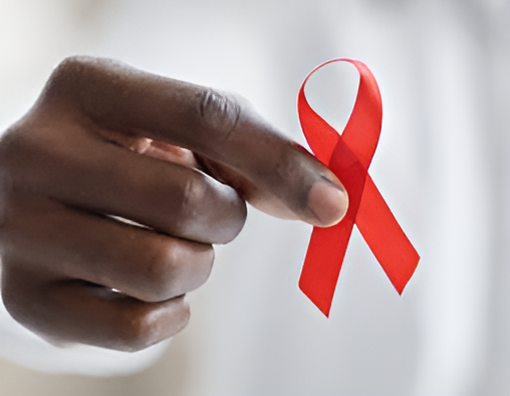Health officials in Bungoma County have voiced growing concern over the rising number of HIV cases among women, warning of an emerging crisis if the trend continues unchecked.
According to the 2024 County HIV Report, the overall prevalence rate stands at 1.78 percent, but women are disproportionately affected, registering a rate of 2.53 percent compared to 1.01 percent among men.
In Kanduyi Sub-County, the situation is more dire, with the infection rate hitting 4.07 percent for women well above the 2.88 percent overall average.
Other regions such as Webuye West, Kimilili, Cheptais, and Sirisia despite having relatively lower infection rates show a similar pattern where women carry the heaviest burden of new infections.
Joy Nyarotso, the county HIV coordinator, attributed the disparity to low testing rates among men, who often assume their HIV status mirrors that of their partners.
noted that many men avoid voluntary testing and fail to adhere to antiretroviral treatment, which elevates their viral loads and increases the risk of transmission.
“In Bungoma and across the country, we’re seeing a reluctance among men to get tested,” Nyarotso said. “Many rely on their partners’ test results and don’t follow through with treatment, which makes them highly infectious.”
She further expressed concern over the growing number of mother-to-child HIV transmissions in the county.
The main contributing factor, she explained, is that many pregnant women are not attending antenatal clinics and often deliver at home without knowing their HIV status.
“We urge expectant mothers to attend clinics, undergo testing, and ensure hospital deliveries to prevent passing the virus to their babies,” she emphasized.
Marion Masho of the National Syndemic Disease Control Council (NCDCC), who recently visited the county, echoed these concerns.
She underscored that long-standing societal and systemic barriers continue to expose women to greater risk of HIV infection.
“Far too many young women are falling through the cracks,” she said. “They miss out on antenatal care, deliver at home, and remain disconnected from prevention services.”
Masho highlighted that while the national HIV prevalence has significantly dropped from a high of 83 percent in 2003 to the current 7.3 percent, the rate remains above the government’s target of reducing mother-to-child transmission to below 5 percent.
She also pointed to broader structural inequalities such as limited access to routine HIV screening for women, especially during pregnancy and resource-strained health systems as underlying challenges.
Facilities like Lwakhakha Dispensary, Kopsiro Health Centre, and Makutano Health Centre are pivotal in prevention efforts, but their work is hampered by staff shortages, erratic medical supplies, and reduced donor support.
Adding to the difficulties is the recent disruption in funding for HIV programmes following a U.S. executive order, which has hit prevention services particularly those designed for women and girls hardest.
“We’ve lost crucial ground,” Masho warned. “Without restoring and expanding these services, the risk of undoing years of progress is real, especially for women.”
In response, the NCDCC has rolled out a three-pronged intervention strategy aimed at addressing gender-specific vulnerabilities.
The plan includes increasing domestic funding to ensure long-term sustainability of HIV programmes, particularly those safeguarding women's health, even in the face of uncertain global donor commitments.

